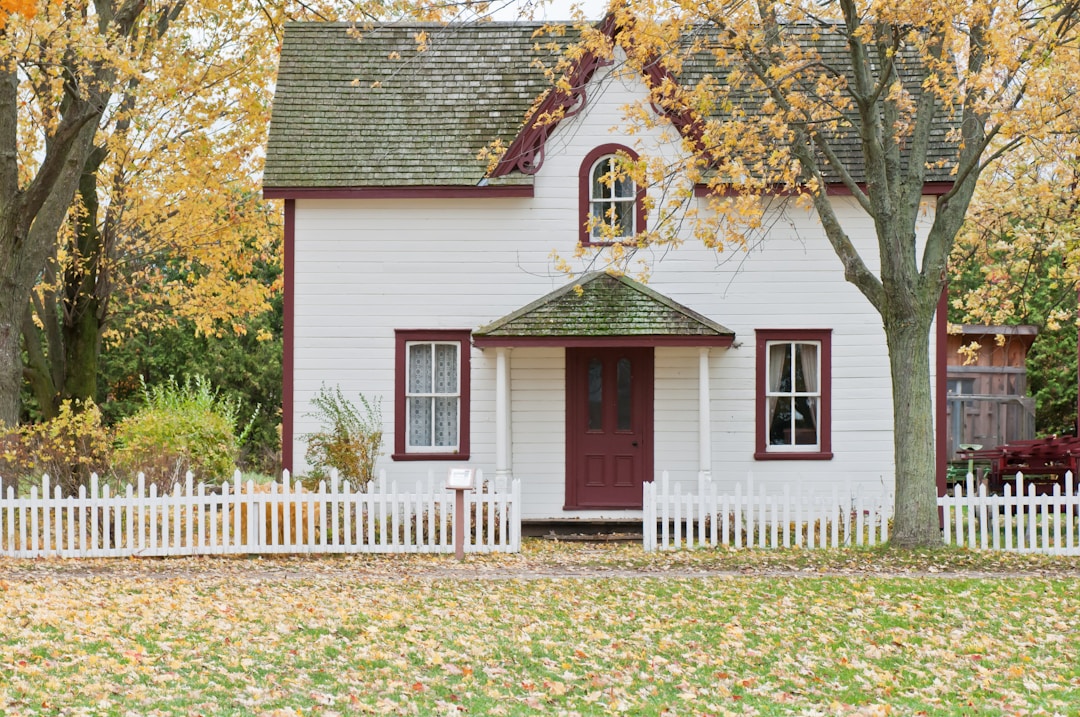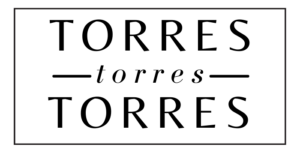For the average individual, purchasing a home stands as one of the most significant financial decisions they’ll make. This transaction encompasses much more than just the initial cost of the property. A myriad of ongoing costs, encompassing everything from mortgages to homeowners insurance, taxes, and maintenance expenses, add layers of complexity. Understanding the intricate financial side of homeownership is imperative for making informed, sound decisions. This article offers a comprehensive overview of the financial aspects to consider when stepping into the world of homeownership.
The Impact of Mortgage Rates
Mortgage rates play a pivotal role in the financial dynamics of homeownership. The total cost of your house isn’t simply the price you paid at closing; it also includes interest payments that accrue over the life of your loan. News outlets, such as the Dallas Mortgage News at dallasmortgagenews.com, a mere 0.5% difference in rates could mean a cost difference of tens of thousands of dollars over the course of a 30-year loan. This emphasizes the importance of shopping around for competitive rates, which are influenced by broader economic conditions, your credit score, and the specifics of your chosen loan.
The Importance of Adequate Home Insurance

While it’s required by lenders, homeowners insurance isn’t just another box to check. It’s a critical safety net that protects one of your most significant investments—your home. In the case of catastrophic events such as fires or natural disasters, the right insurance policy could mean the difference between financial ruin and financial resilience. This is where understanding the concept of umbrella insurance becomes crucial. As an extra liability insurance coverage that goes beyond the limits of your homeowners’ insurance, it can protect you from significant claims or lawsuits that could be devastating without adequate coverage. Thus, when considering the financial side of owning a home, it’s essential to factor in not just the cost of basic homeowners insurance, but also the potential benefits of supplemental policies like umbrella coverage.
The Role of Property Taxes and Maintenance Costs
Once the purchase is complete, the financial responsibilities of homeownership do not end. Home property taxes, for instance, represent a significant ongoing cost. These are typically a percentage of the assessed value of your property, which can increase over time as home values rise. The potential for escalating taxes should be a part of your long-term financial planning when buying a home.
Maintenance costs are another recurring expense that should factor into your homeownership budget. Routine upkeep like lawn care, pest control, and gutter cleaning, along with larger-scale expenses like roof replacements or plumbing repairs, can add up. As a homeowner, you will need to budget for both the predictable and unpredictable maintenance costs associated with your property.
The Equity Advantage

Despite the numerous costs associated with homeownership, it also offers a unique financial advantage: equity. As you pay down your mortgage over time, you build equity in your home. This equity can serve as a substantial financial resource, either as collateral for loans or as a nest egg for future endeavors. The potential to build equity is a significant financial benefit of homeownership and can serve as a form of long-term savings.
In conclusion, navigating the financial side of homeownership involves understanding and planning for an array of costs, from mortgage rates and insurance coverage to property taxes and maintenance costs. Equally, it entails recognizing the potential financial advantages, such as building equity over time. An understanding of these components—as highlighted by resources like news outlets and knowledge of comprehensive insurance options like umbrella coverage—is crucial for prospective homeowners. Despite the complexities, with adequate planning and knowledge, homeownership can be a rewarding investment, both emotionally and financially.








